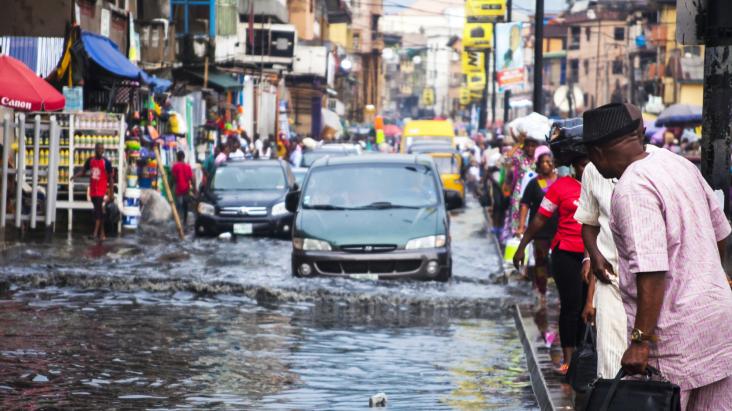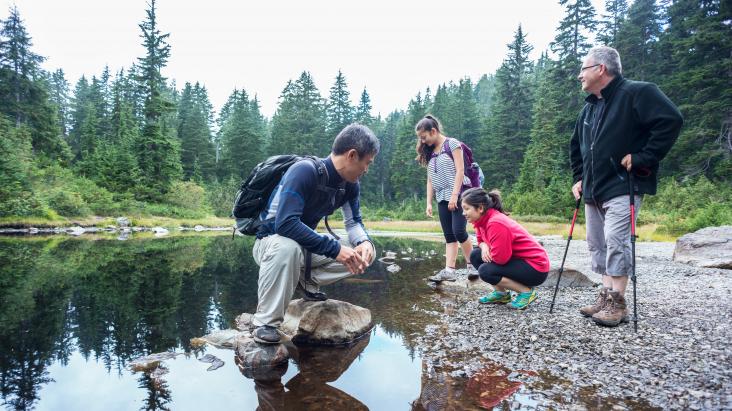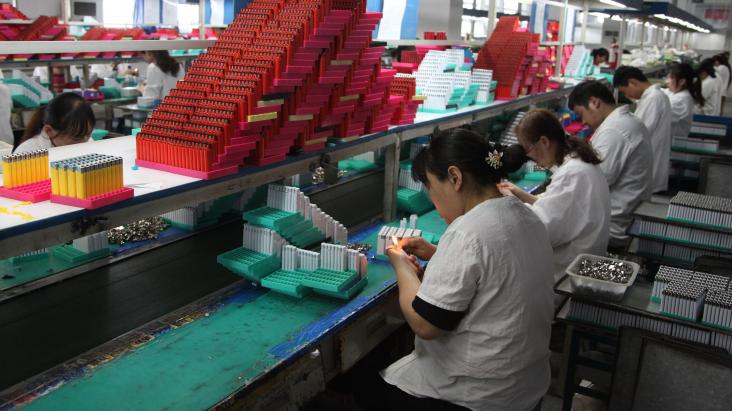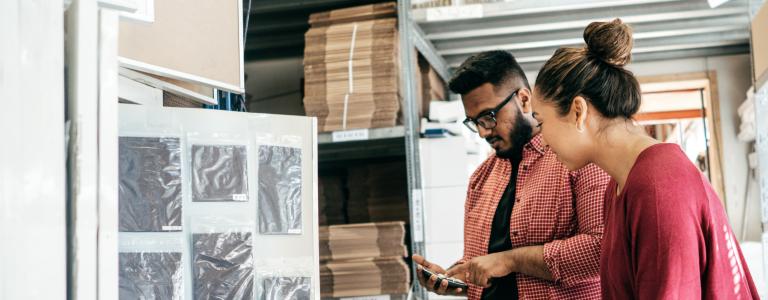The International Institute for Sustainable Development (IISD) is an award-winning independent think tank working to create a world where people and the planet thrive.
About IISDWhat We Do
Our research and policy work focuses on areas we deem ripe for transformation, where shifts in policy have the potential to change the game and where we have a proven record of making significant gains.
Flagship Initiatives

IISD Experimental Lakes Area
IISD Experimental Lakes Area (IISD-ELA) is an exceptional natural laboratory comprised of 58 small lakes and their watersheds set aside for scientific research.

NAP Global Network
The NAP Global Network works with partners in the world’s most vulnerable countries to develop and implement climate adaptation plans for a more secure future.

Global Subsidies Initiative
The IISD Global Subsidies Initiative (GSI) supports international processes, national governments, and civil society organizations to align subsidies with sustainable development.

The Intergovernmental Forum on Mining, Minerals, Metals and Sustainable Development
The IGF supports nations committed to leveraging mining for sustainable development to ensure negative impacts are limited and financial benefits are shared.
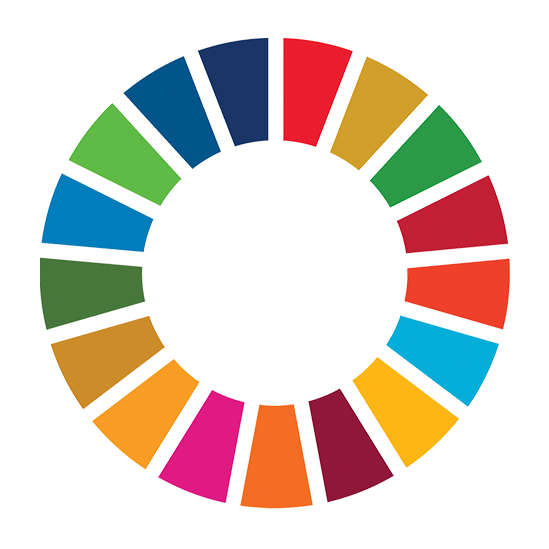
SDG Knowledge Hub
The SDG Knowledge Hub provides daily information on the implementation of the 2030 Agenda for Sustainable Development.

Earth Negotiations Bulletin
Earth Negotiations Bulletin provides balanced, timely, and independent reporting on United Nations environment and development negotiations.
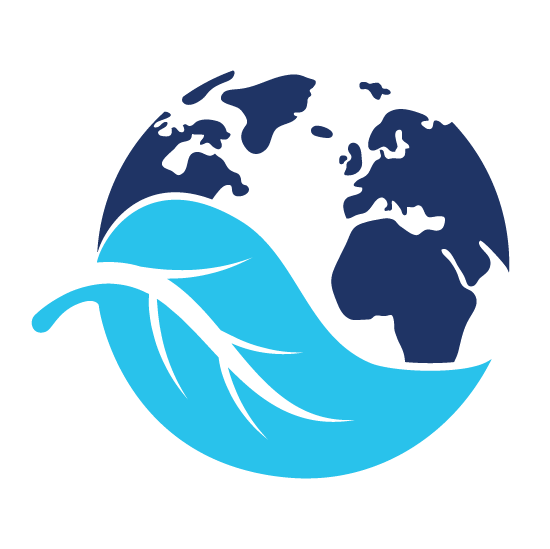
Nature-Based Infrastructure Global Resource Centre
The NBI Global Resource Centre aims to establish the business case for nature-based infrastructure, providing data, training, and customized project valuations.

State of Sustainability Initiatives
The State of Sustainability Initiatives examines how voluntary sustainability standards can support environmental and social goals.
New Research
IISD publishes objective, independent, high-quality research on sustainable development issues, including reports, policy briefs, and toolkits.
How the Transition Away From Fossil Fuel Production Can Be Included in New Climate Commitments and Plans
This report describes how countries can reflect the 28th UN Climate Change Conference (COP 28) commitment to transition away from fossil fuels in their nationally determined contributions.
Ending Canadian Domestic Public Financing for Fossil Fuels
This report examines the scope of public financing for the fossil fuel sector in Canada and makes recommendations for Canada's forthcoming policy to eliminate this financing.
New Perspectives

How Can We Work With Nature to Tackle Drought and Desertification?
Drought is one of the most devastating and pervasive challenges exacerbated by climate change. However, we can work to reduce its effects through nature-based solutions for land restoration and climate-smart agriculture.

No New Fossil Fuel Projects: The logical first step in a transition to clean energy
Our experts propose a viable pathway to phase out fossil fuels, even when they are so embedded in people’s everyday lives, in the global economy, and in powerful political interests.

Biodiversity Is in Crisis—Here's one way to fix it
A growing movement of projects and partnerships is using locally driven and gender-responsive nature-based solutions to address the twin crises of climate change and biodiversity loss. Scaling up this work to match the urgency and reach of the crises will be a challenge—but it’s one we must embrace.
Stay connected
Be the first to hear what's new in sustainable development. Sign up for our bi-weekly updates to receive a curated selection of our latest reports, articles, projects, and upcoming events.
Yes, please!Our Impact

Fueling Change: The journey to end fossil fuel subsidies in Canada
How Canada became the first country in the world to introduce a framework for ending government subsidies to domestic oil and gas companies.
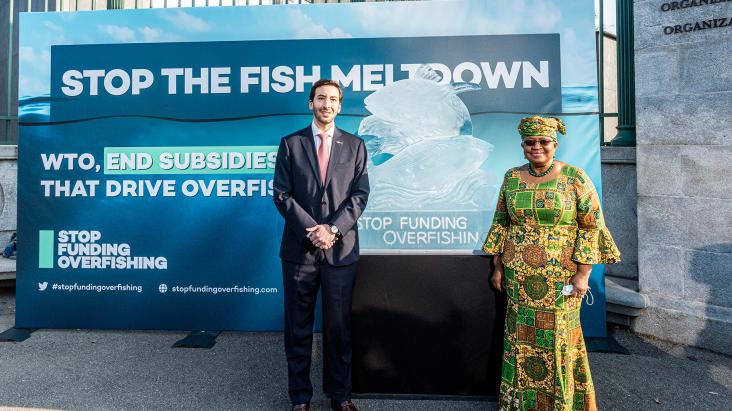
A Global Deal to Tackle Harmful Fisheries Subsidies: A look behind the scenes
In June 2022, World Trade Organization members reached a historic deal tackling harmful fisheries subsidies. We unpack how a global campaign by environmental non-governmental organizations and technical policy and legal advice from trade experts in Geneva helped make a difference.
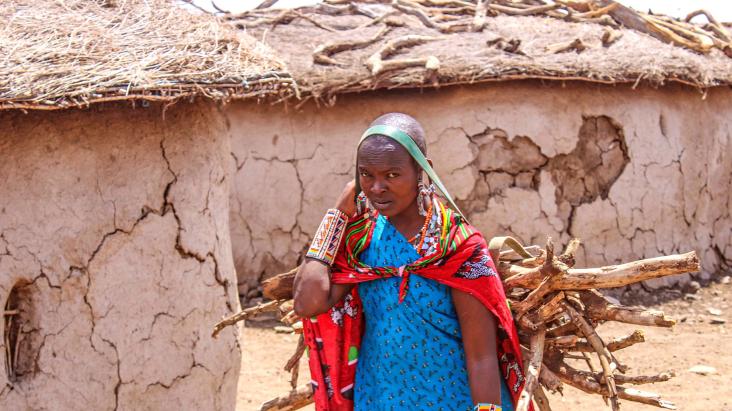
Envisioning Resilience: Bringing underrepresented women's voices into planning for climate change adaptation
Meaningful participation by women who are on the front lines of climate change is essential for gender-responsive, locally led adaptation. However, in many contexts, women remain underrepresented in decision making, from local to national levels.

